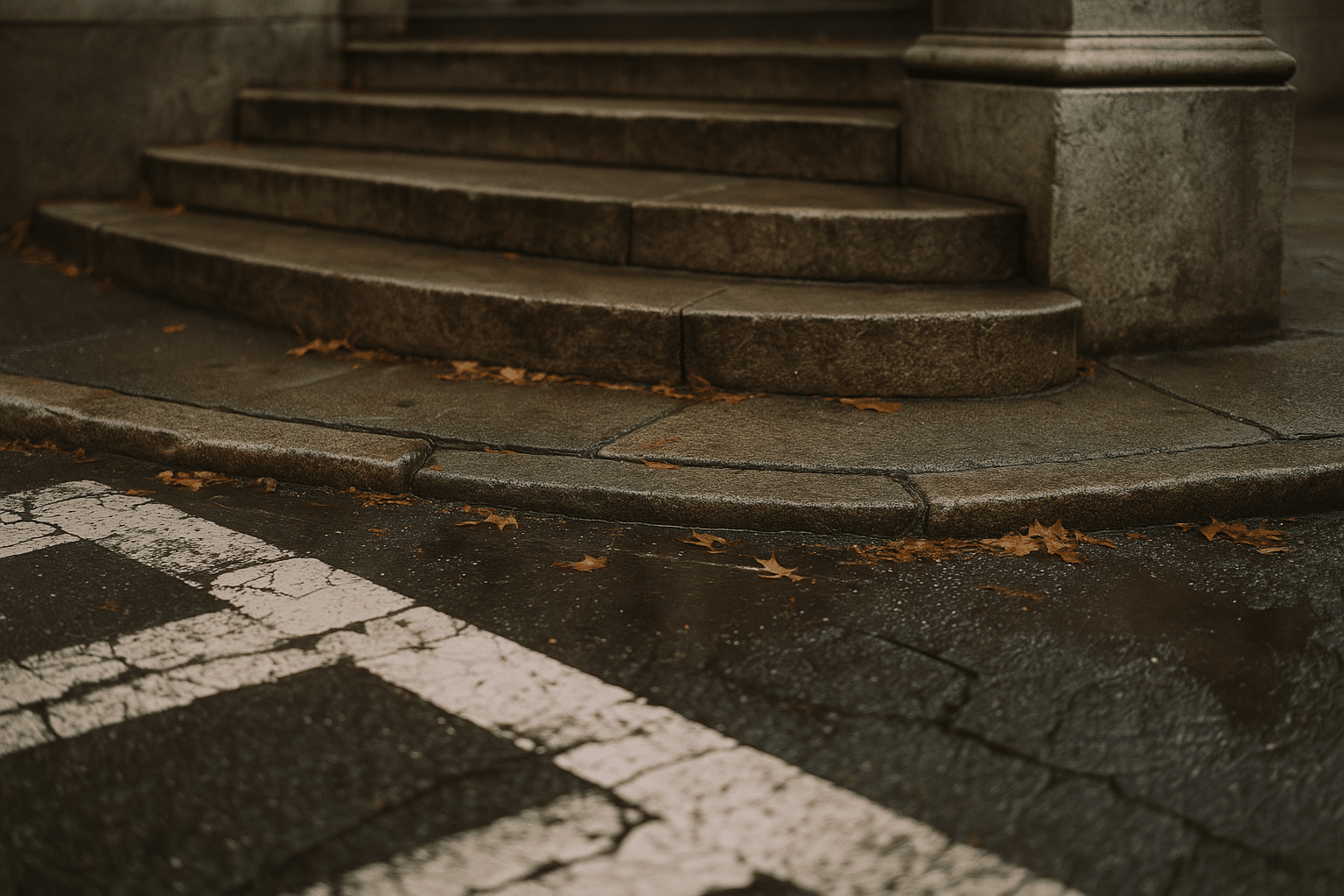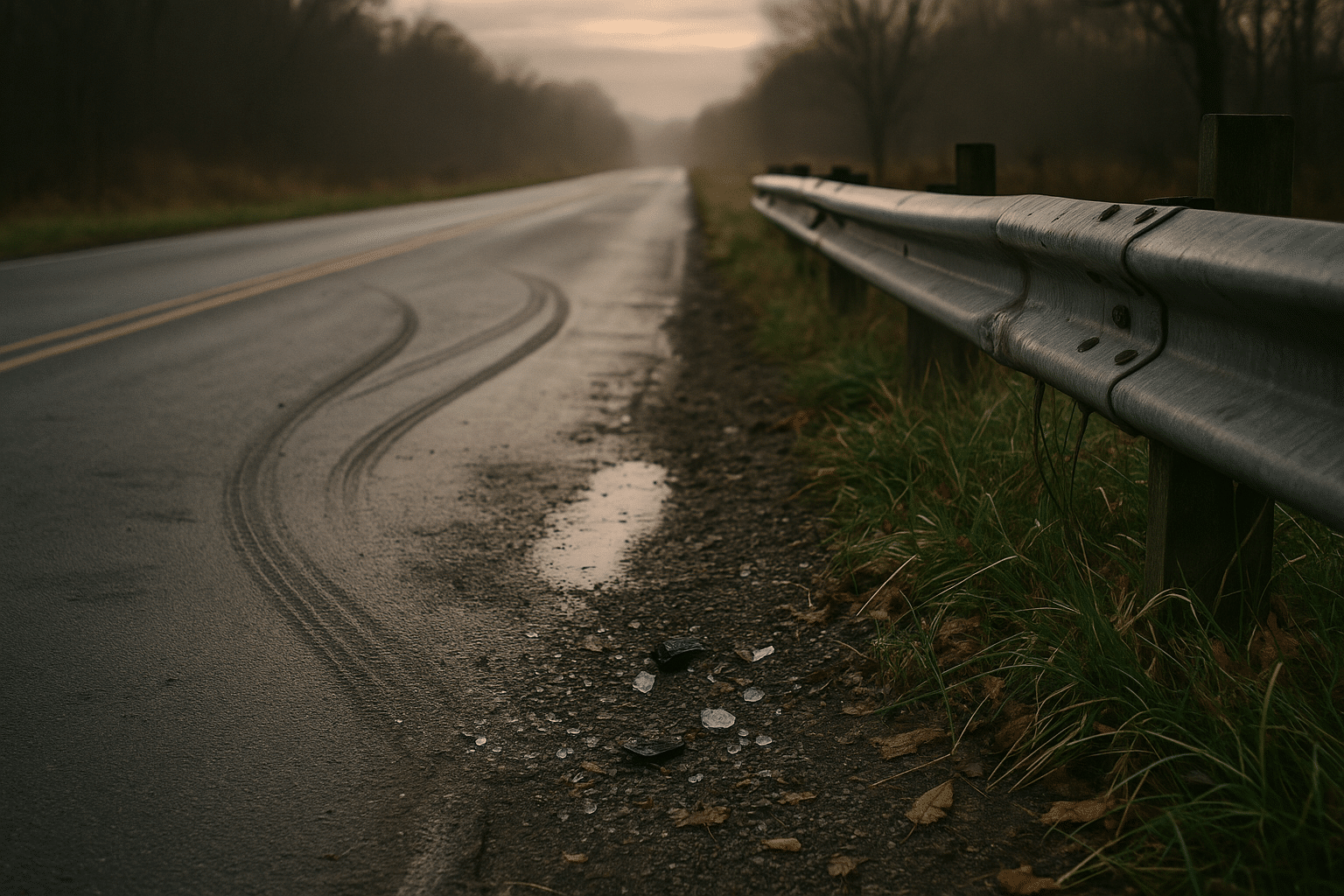
The Future of Drone Photography: Trends and Opportunities
Drone photography has soared to new heights, capturing stunning aerial views that were once out of reach for most photographers. As technology advances, the future of drone photography promises even more exciting trends and opportunities.
Emerging Trends in Drone Photography
Drone technology is evolving rapidly, and with it, the art and science of drone photography. According to a report by Grand View Research, the drone market size is expected to reach USD 129.23 billion by 2025. This growth opens up a plethora of possibilities for photographers and videographers alike.
Increased Accessibility
One significant trend is the increasing accessibility of drones. As prices drop and technology becomes more user-friendly, more individuals are taking to the skies with their cameras. This democratization of aerial photography means more diverse perspectives and creative outputs.
Expert Insights
Industry experts highlight the importance of drones in various sectors. For instance, Chris Anderson, CEO of 3D Robotics, emphasizes that “drones are not just aerial cameras but platforms for innovation.” This indicates a shift towards multifunctional uses, merging photography with other data collection methods.
Technological Advancements
With advancements in AI and machine learning, drones are becoming smarter. Features like obstacle avoidance and automated flight paths allow photographers to focus more on creativity rather than technicalities. Additionally, improvements in camera quality ensure that the captured images are of exceptional quality.
Opportunities for Innovation
Photographers can harness these technological advancements to push creative boundaries. For instance, using drones for time-lapse photography or in low-light conditions can yield unique and captivating results.
Opportunities for Drone Photographers
Drone photography offers numerous opportunities beyond traditional landscapes. Real estate, agriculture, and even wedding photography are sectors where drones are making a significant impact.
- Real Estate: Aerial shots provide potential buyers with a better understanding of a property’s layout and surroundings.
- Agriculture: Drones help in monitoring crop health and planning efficient farming practices.
- Events: Capturing events from above adds a dynamic element to traditional photography.
Personal Anecdote
As a photographer, I once used a drone to capture a sunset over a local beach. The aerial perspective transformed the familiar scene into something extraordinary, highlighting the vastness of the ocean and the fullness of the sunset.
Actionable Tips for Aspiring Drone Photographers
| Tip | Description |
|---|---|
| Understand Regulations | Familiarize yourself with local drone regulations to ensure compliance. |
| Invest in Quality Equipment | Choose a drone with a high-quality camera and reliable features. |
| Practice Regularly | Regular practice will improve your flying skills and photographic techniques. |
| Experiment with Angles | Try different heights and angles to discover unique perspectives. |
| Use Editing Software | Enhance your photos with editing tools to bring out their full potential. |
| Join Communities | Engage with online forums and local clubs to learn and share experiences. |
| Stay Informed | Keep up with the latest trends and technologies in drone photography. |
| Prioritize Safety | Always ensure the safety of your equipment and surroundings. |
Frequently Asked Questions
What are the legal requirements for flying a drone?
Legal requirements vary by location, but generally, you need to register your drone and follow specific guidelines set by aviation authorities.
Can drones be used for indoor photography?
Yes, drones can be used indoors, but it’s essential to have a suitable space and ensure safety measures are in place.
What are some key features to look for in a photography drone?
Key features include a high-resolution camera, stability, battery life, and intelligent flight modes.
Conclusion
The future of drone photography is bright, with technology driving innovation and expanding possibilities. Whether you’re a seasoned professional or an enthusiastic beginner, now is the perfect time to explore what drone photography has to offer. Embrace the trends, seize the opportunities, and let your creativity fly.


